Inclusive Rural Finance
Rural microfinance and rural finance systems are key in the development of agricultural value chains because they enable producers and producer organisations to invest in their means of production or to bridge periods where there is a lack of financial resources. Through a wide range of services, Fair & Sustainable provides consultancy on creating access and improving financial services in the rural sector.
Youth Employment & Entrepreneurship
While the farmer population in developing countries is ageing, agriculture attracts few young people. As a source of employment, it has a low status among young people and in combination with the lack of ownership of land and financial resources to start a business makes agriculture not an attractive career prospect for young people. However, as the demand for food worldwide is growing, so are opportunities for business in agriculture. To meet the food needs of an ever increasing world population, it is essential to include the next generation producers and entrepreneurs in agricultural development.
Gender in Value Chains
Gender differences and inequalities in access to and control over resources affect the ways in which value chains operate. Understanding these inequalities is critical in addressing weak linkages, and to effectively reduce poverty and increase the empowerment of all actors. Fair & Sustainable promotes gender-sensitive development of value chains by motivating and supporting practitioners to integrate a gender perspective in all stages of their value chain development programs.
Business Development
Businesses, SMEs, as well as larger businesses, play an important role in the development of value chains. They significantly contribute to economic growth. By supporting the growth of businesses, F&S enables these businesses to create decent additional jobs and hence sustainable economic opportunities.
Value Chain Analysis & Development
A value chain is a set of linkages between a number of independent enterprises involved in the production, processing, trade, consumption and disposal of a particular product or service. Each phase adds value and the whole chain aims to satisfy the demand of the final consumer and to increase profits for the actors involved through increased efficiency and competitiveness.
Market Systems Development
The success of a value chain is determined by all the actors involved in the chain and by processes in the market. Actors are chain actors, such as producers and processors, but also (formal and informal) service providers, who bring in technical, business or financial services, such as Business Development Services or financial institutions. An efficient and effective collaboration between these actors is key to be able to respond to developments in the market.
